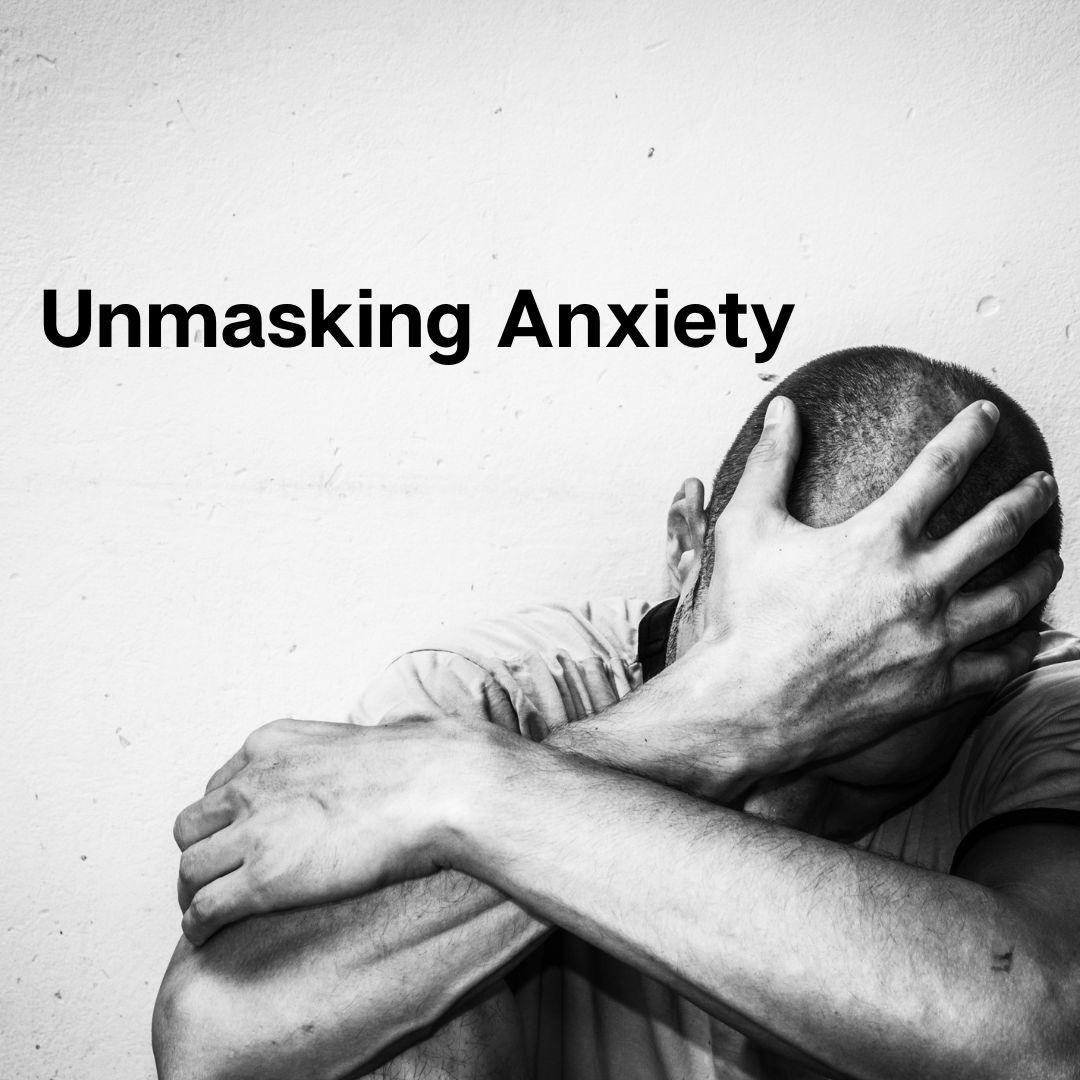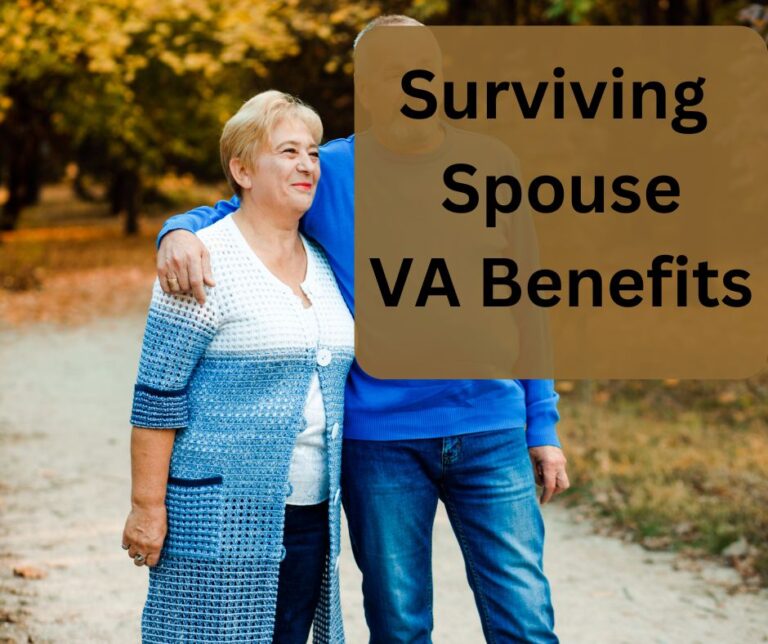Anxiety Unmasked: Insights and Coping Strategies for Veterans
It is safe to say that everyone experiences anxiety in their life. However, a large percentage of Veterans experience anxiety to a heightened degree.
Veterans may experience heightened anxiety due to a variety of reasons. According to the U.S. Department of Veterans Affairs, anxiety disorders in veterans are frequently associated with factors directly related to their time in service, such as the distress of warfare, life-threatening situations, or witnessing others’ injuries or death.
What is Anxiety?
Anxiety is a natural emotion characterized by feelings of tension, worried thoughts, and physical changes like increased blood pressure. When anxiety becomes more frequent or severe, it can be classified as an anxiety disorder. Symptoms of anxiety disorders can vary but commonly include:
- Feeling nervous, restless, or tense.
- A sense of impending danger, panic, or doom.
- Increased heart rate.
- Rapid breathing (hyperventilation).
- Sweating and trembling.
- Feeling weak or tired.
- Difficulty concentrating or thinking about anything other than the present worry.
- Having trouble sleeping.
- Experiencing gastrointestinal (GI) problems.
- Having difficulty controlling worry.
- The need to avoid things that trigger anxiety.
It is worth acknowledging that occasional anxiety is a natural aspect of life. However, individuals with anxiety disorders often encounter heightened and persistent levels of worry and fear regarding everyday situations.
What Causes Anxiety?
The causes of anxiety are complex and not fully understood, but they often include a combination of factors:
- Life Experiences: Traumatic events such as abuse, the death of a loved one, or witnessing violence can trigger anxiety disorders. Veterans often witness violence, or take part in it, during their service.
- Mental Health Conditions: Anxiety may be linked to other mental health issues, such as depression.
- Physical Health Conditions: Certain medical conditions like heart disease, diabetes, asthma, or thyroid disorders can contribute to anxiety. Anxiety can be linked to these medical conditions and may be able to be claimed as a secondary condition.

- Substance Use: The effects of drugs, both recreational and prescription, can lead to anxiety.
- Stressful Life Events: Situations such as financial problems, work-related stress, or ongoing relationship troubles can induce anxiety. The military may be a good life for some, but it is rarely an easy life. Deployments, changes-of-station, marriage and divorce, all become factors for both Active Duty and Veterans to experience anxiety.
- Genetic Factors: There may be a genetic component, as anxiety disorders sometimes run in families.
What Medical Conditions Are Linked to Anxiety?
Anxiety does not occur in a vacuum. In addition to circumstances, several medical problems are known to be linked to or can present symptoms similar to anxiety. These include:
- Substance-induced anxiety disorder: This is anxiety or panic resulting from the misuse of drugs or medications.
- Heart Problems: Cardiovascular issues can manifest symptoms that resemble anxiety, such as palpitations and chest pain.
- Asthma: Respiratory disorders like asthma can cause symptoms that overlap with anxiety, such as difficulty breathing.
- Diabetes: Fluctuations in blood sugar levels can lead to feelings of anxiety and nervousness.
- Hyperthyroidism: Overactivity of the thyroid gland can cause symptoms such as anxiety, restlessness, and tremors.
- Sleep Apnea: This sleep disorder can lead to fatigue and anxiety due to disrupted sleep.
- Adrenal Dysfunction: Conditions affecting the adrenal glands, such as parathyroid and adrenal gland disorders, can trigger symptoms of anxiety.
- Irritable Bowel Syndrome (IBS): Gastrointestinal disorders like IBS are often associated with anxiety.
- Electrolyte Imbalance: An imbalance in body electrolytes can cause symptoms similar to anxiety.
It’s important to note that while these conditions can present symptoms similar to anxiety, they require separate medical diagnoses and treatments. In addition, some of these conditions are presumptive under the PACT Act. If you are diagnosed with any of them, consider filing a claim for disability compensation.
What are the VA Ratings for Anxiety?
VA disability ratings for these disorders are determined based on the severity of the condition and its impact on the veteran’s occupational and social functioning, with ratings ranging from 0% to 100%
The U.S. Department of Veterans Affairs (VA) assigns disability ratings for anxiety disorders in percentages, which reflect the severity of the condition and its impact on the veteran’s life. The different levels of ratings are:
0% Rating: Assigned when a veteran has a diagnosed anxiety disorder that is verified but produces no significant impairment in functioning or requires continuous medication.
10% Rating: Given when the anxiety disorder has a mild impact. Symptoms may be controlled by intermittent medication.
30% Rating: This rating is for moderate severity. There might be occasional decrease in work efficiency and intermittent periods of inability to perform occupational tasks, although generally functioning satisfactorily.
50% Rating: Indicates a more serious condition. Reduced reliability and productivity due to symptoms like panic attacks more than once a week, impaired judgment, mood disturbances, etc.
70% Rating: Assigned for severe anxiety disorders. Symptoms might include suicidal ideation, impaired impulse control, neglect of personal appearance and hygiene, or intermittent inability to perform activities of daily living.
100% Rating: This is for total occupational and social impairment due to symptoms such as persistent delusions or hallucinations, grossly inappropriate behavior, danger of hurting self or others, or complete inability to establish and maintain effective relationships.
We know PTSD is a problem for many Veterans. As noted above, anxiety can be associated with PTSD, but there are many other causes of it also. If you are feeling the symptoms of anxiety, we urge you to seek professional counseling. I have a Veteran friend who tried to deal with his own anxiet and depression for years until he finally sought assistance from a counselor. I talked to him a few months later and he told me his life was literally changed by talking to the counselor and getting help.
How to Cope with Anxiety
Veterans can cope with anxiety through various strategies and resources tailored to their unique experiences. It is important here to state that anxiety is a medical condition that must be diagnosed by a Doctor. We always advocate beginning with seeing a specialist being under the care of a professional.That being said, here are some ways veterans can manage anxiety:
Cognitive Behavioral Therapy (CBT): CBT is an evidence-based therapeutic approach that helps veterans identify and challenge negative thought patterns and behaviors contributing to anxiety. It can be an effective way to manage anxiety.
Relaxation Techniques: Practice relaxation techniques such as deep breathing exercises, mindfulness, and progressive muscle relaxation. These methods can help reduce stress and promote a sense of calm.
Medications: In some cases, medications prescribed by healthcare professionals may be necessary to manage anxiety symptoms effectively. Consultation with a healthcare provider is crucial to determine if medication is suitabl..
Therapy: Psychotherapy, including individual or group therapy, can provide veterans with a supportive environment to address anxiety-related issues and share their experiences with others who understand their background.
Alternative Therapies: Some veterans find relief from anxiety through alternative therapies like meditation, acupuncture, or yoga. These practices can promote relaxation and emotional well-being.
Support from Veterans Organizations: Various veterans’ organizations and support groups offer resources and camaraderie for veterans dealing with anxiety. These groups can provide valuable insights and emotional support.
Healthy Lifestyle: Maintaining a healthy lifestyle with regular exercise, a balanced diet, and sufficient sleep can positively impact overall well-being and help manage anxiety.
VA Treatment Options: Veterans can explore the treatment options offered by the Department of Veterans Affairs (VA), such as evidence-based therapies like CBT, to address anxiety effectively.
It’s essential for veterans experiencing anxiety to seek professional help and use a combination of strategies that work best for their individual needs. Support from mental health professionals, fellow veterans, and the VA can make a significant difference in managing anxiety.
Don’t wait. It’s okay to not be okay, and there is help for you if you are feeling overwhelmed, depressed, or anxious.







